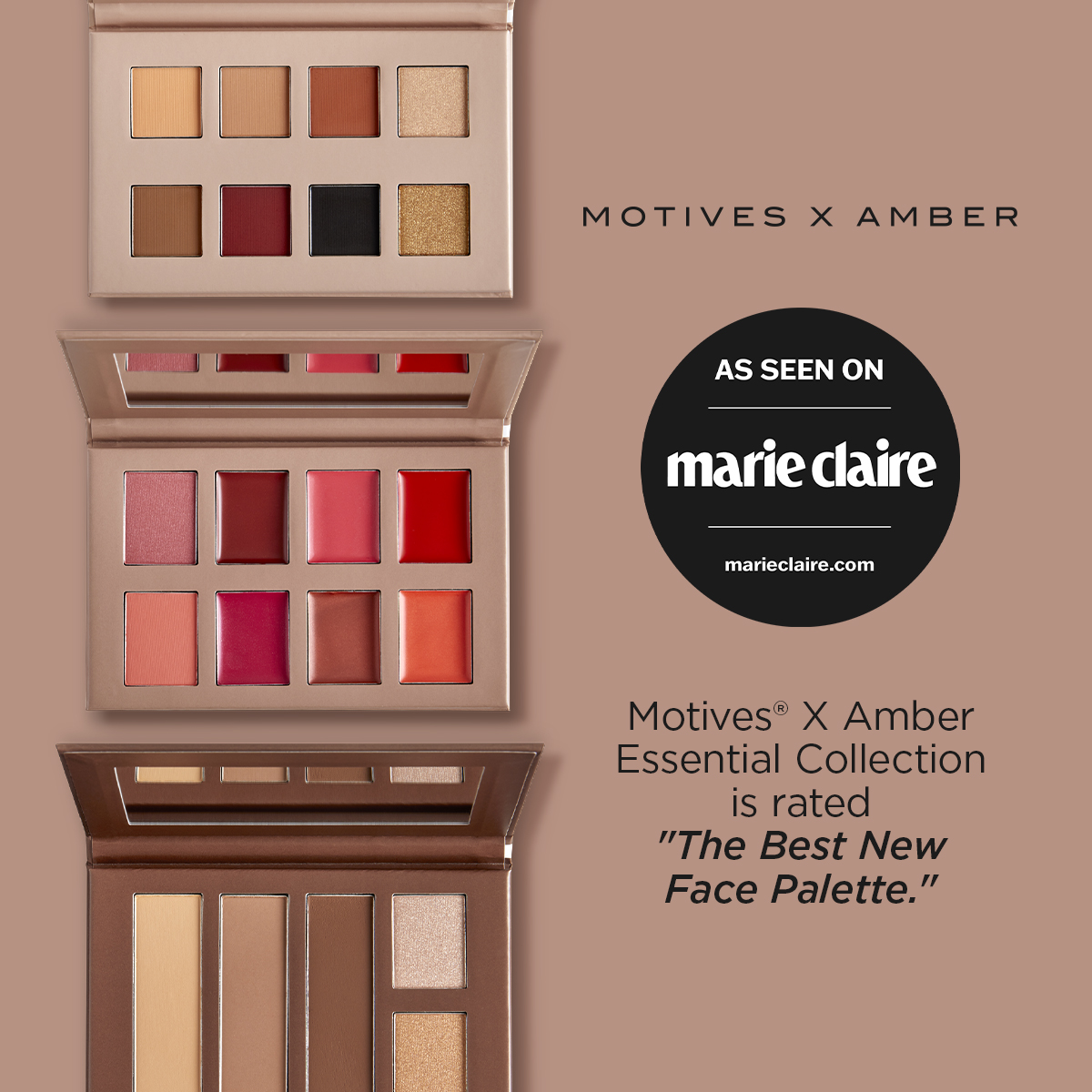Did you know that four out of ten Americans have either suffered or has known someone who has suffered from an eating disorder? It’s hard to believe, but it’s more common than you think.
I find this subject very important, so I asked Johanna Kandel, author of Life Beyond Your Eating Disorder (Harlequin) and founder and executive director of The Alliance for Eating Disorders Awareness, if she’d offer our readers some information. Kandel is an amazing woman who after suffering from an eating disorder herself decided to dedicate her life to helping those facing the same challenges. She has graciously offered to share her experience with our readers. Below, Kandel chats with Loren’s World about the warning signs and the road to recovery.
1.What signs made you realize you needed help?
I knew that I was battling an eating disorder for a long time. My struggle started as an innocent diet. I was a ballet dancer and my entire class was told to lose weight for an upcoming audition. I was 12 years old at the time. I went on a ‘healthy food’ diet and lost a little bit of weight and immediately received so much reinforcement: “Oh Johanna, you look so good. Wow, have you lost weight?” It made me feel good and for the first time in my life I felt like I was good at something. I wanted to lose just a little more. Whenever I got down to my goal weight, there was another, lower number to strive for. It was like Alice in Wonderland chasing the white rabbit down the rabbit hole: as soon as I got close it was gone again. Because of my genetic predisposition and perfectionistic traits, my once innocent diet developed into an eating disorder. I battled anorexia, exercise bulimia, and binge eating disorder for more than 10 years. At first I felt in control, but very quickly I began to lose control and my the hell of eating disorder became my reality. Physically, my eating disorder became very obvious. Since I battled with anorexia first, my weight loss was apparent. I became very pale, had dark circles under my eyes and sunken in cheeks. I was cold all the time, began to lose my hair, and developed lanugo, a downy-like hair, all over my body. I would constantly make excuses for why I wasn’t eating and I was exercising compulsively. When I went to the doctor, he told me that at the age of 17 I had osteoporosis, had a weakened heart, had fertility issues, and kidney problems. You would think that hearing that would scare me into getting better, but it didn’t. Honestly, I was so entrenched in my eating disorder, it didn’t matter. I didn’t think that I deserved better.
2. How did you know it was time to make a change to better your health?
At the age of 21, I was finally sick and tired of being sick and tired. I wanted to thrive, not just barely survive. I wanted to laugh, I wanted to be present. My eating disorder stole 10 years of my life, and I wanted more. My eating disorder tore my family apart and stole friendships from me. I had people close to me that had lost their battle and I didn’t want to die. I was tired of being in the ‘passenger seat’ in my car of life. I knew that recovery meant climbing over the center console and getting in the driver’s seat (with both hands on the wheel). Although I was so incredible scared, I was finally ready to live.
3. What was the process to get better?
When the pain of battling my eating disorder exceeded my fear of getting better (or what recovery was), I picked up the phone, called my parents and asked for help. I was wanted more than my disease. Because my parents couldn’t afford residential care and my insurance company would not cover it, I started day treatment at a local hospital. I went to different sessions and groups every day, 8 hours a day. Once I stepped down from day treatment, they set up a treatment team for me. The treatment team consisted of therapist, physician, nutritionist, and psychiatrist. My eating disorder was never about the food, it was about what was underneath. I needed to find out why I felt that I didn’t deserve and learn how to healthfully cope with life instead of turning to my disease.
Over time, I started replacing my unhealthy actions with healthy behaviors. I was a long process, but it did happen.
4. Tell us about your road to recovery?
The road to recovery is not perfect. At first, I approached my recovery the same manner in which I approached my eating disorder: all or nothing, black or white. When I decided to ‘get better’ I thought that it was all it took. I honestly believed that once I decided that I no longer wanted my eating disorder, that it would simply go away. Boy was I wrong. I remember walking into my initial nutritionist appointment and thinking that I would follow everything she told me to do. I would be the best client she ever had. I did ‘well’ for the first day and then when I ‘tripped’, all of sudden in my perfectionistic mind-set, I was not good enough for recovery. I continued to act out and self-sabotage. I had to realize that although it wasn’t going to be perfect, it was possible. I worked very diligently with my treatment team. I trusted in their knowledge and experience. After a while, my eating disorder was no longer the first thing I thought about when I would wake up and the last thing I thought about at night. Gradually, my healthy voice started calling the shots and I was making good decisions. Today, I am 10 years recovered from my eating disorder. The greatest gift that came out of struggle is finding my voice to help others and give back. I founded The Alliance for Eating Disorders Awareness in October 2000, a nonprofit organization dedicated to the outreach, education, prevention and advocacy of eating disorders. Since its inception. I have had the honor to speak to more than 150,000 individuals around the country. My first book, Life Beyond Your Eating Disorder, came out last month, and my wish is that it will be a helpful tool for those that are currently battling. I never chose to struggle with an eating disorder, but I did chose to recover. There is life beyond your eating disorder – and you deserve to enjoy every minute of it.
5. What advice would offer someone dealing with an eating disorder?
There is no shame in battling an eating disorder, and it’s okay to get help. You will ‘trip and fall’ on your journey to recovery, but it’s what happens after that matters (not the trip). You need to pick yourself up, dust yourself up, and keep on putting one foot in front of the other. Recovery happens one moment at a time. Recovery is possible and there is life beyond your eating disorder. If you are currently struggling, pick up the phone and ask for help. If you are scared to do it, ask a friend or family member to help you. Contact an eating disorder organization, like The Alliance (www.allianceforeatingdisorders.com), and ask for referrals to specialized eating disorder practitioners. Believe that you deserve it. Believe that you can do it. I battled for ten years and felt as if ic could never recover. Recovery was definitely one of the hardest things I have ever done, but by far the best thing. I got me back: I got my life back.





